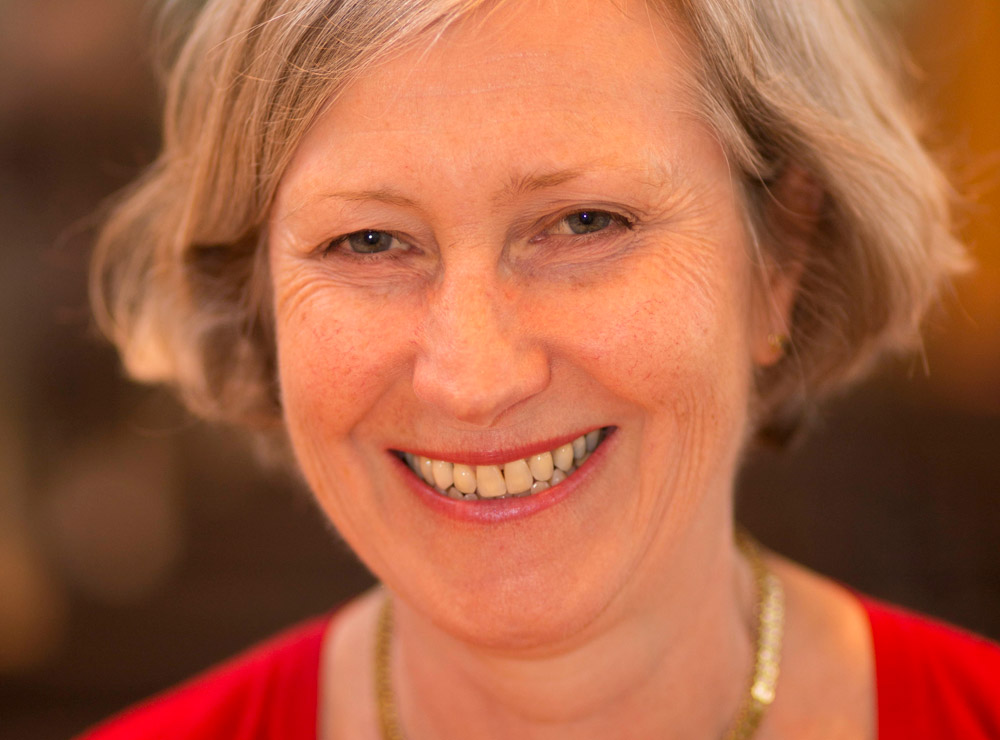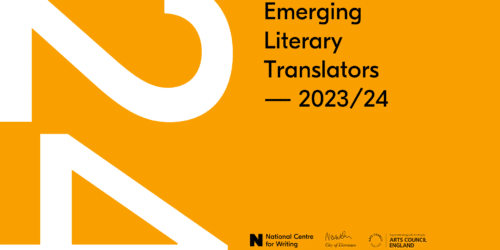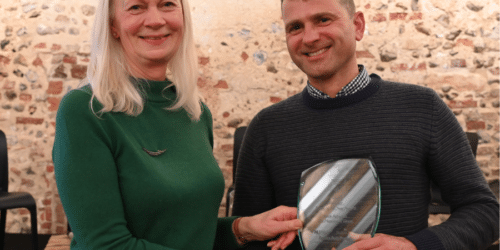
An article by writer Isabelle Grey in anticipation of the event Amazon and the Civil War for Books at the this Sunday 17th May.
Amazon has unquestionably shaken up the way in which readers choose and buy books. It has also opened up the publishing arena to anyone who wants to edit and market their own work. Has this really provoked a civil war? I am old enough to have written my first book on a manual typewriter; as a journalist, I am a veteran of the Wapping dispute. I have seen before how bitterly two sides can fight over new technology.
As a writer, I am neither for nor against Amazon, any more than I am for or against radio, film, television or books (print or digital) as a delivery platform for the stories I want to tell. What I don’t want to do is to write something that will never find an audience.
As a citizen, I have issues with Amazon around employment practices and fair taxation. As a reader, Amazon is too easy to resist. As a writer, Amazon is no more or less interested in making money out of me than my publisher or an independent bookshop. But what Amazon and other e-book sellers do far better than either of them is to find readers for me – over 120,000 of them so far.
The ‘thing’ about e-books that publishers (and, to be fair, most large corporations, including the BBC) have been woefully slow to get is the value of data. They are catching up – HarperCollins now has a director of audience development while Hachette have developed data visualization and social listening tools. These things aren’t mere Silicon Valley hipster jargon: they really matter.
Shakespeare wrote for the stage because some of his audience were illiterate. Dickens wrote his novels as part-works because cheaper and faster printing techniques made that a popular and exciting way to go. There’s a generation of authors coming along who will write for the mobile phone, because that’s the first place they go to find what they want. Where hardware leads, the style and form of content follows.
The big difference is that today’s hardware comes packed with the potential for data-gathering. It’s not only marketing and sales strategies that are based on data analytics. So are the stories we tell. Here’s an example: Netflix are currently spending $100m (out of a predicted annual spend of £3.5bn) on a TV series called The Crown, a bio-pic of Queen Elizabeth II, that is being show-run by Peter Morgan and Stephen Daldry, a writer and director with multiple Oscar nominations. Why? Because the data that Netflix gathers and analyses tells them that their subscribers’ favourite shows are about royalty, marriage and parenthood.
Their data tells them a whole lot more, too – not only what people search for, but also how, when and where they watch, for how long at a single sitting, at precisely what point they get bored and click out, and what they then say about it, and to whom, on social media.
As a writer, I find that knowledge exciting. I don’t want to be a slave to it, but why would I not want to know the precise effect my work – almost line by line – is having on a reader or viewer? For me, that is the huge creative debate that is to come – and, trust me, it is coming. What is the value of that kind of knowledge? How will it, and should it, be shared? And how far should writers and other creative artists either wish or be asked to respond to it?
It’s not a civil war, it’s a revolution.
About Isabelle
Isabelle Grey is a former freelance journalist and reviewer, magazine editor and (as Isabelle Anscombe) author of five non-fiction books. For the past twenty years she has written television drama, including the BBC docu-drama Genghis Khan and an episode of the Bafta-winning series Accused with Jimmy McGovern. She also writes for film and radio and for five years taught screenwriting at Central St Martin’s. She is currently finishing her fourth novel for Quercus, a follow-up to Good Girls Don’t Die.
Follow Isabelle on Twitter: @IsabelleGrey
You may also like...
‘The Meaning of Geese’ wins East Anglian Book of the Year 2023
The debut book from Norfolk conservationist Nick Acheson is crowned the overall winner of the East Anglian Book Awards

16th February 2024
Announcing the category winners for the 2023 East Anglian Book Awards
Discover the six winning titles for the East Anglian Book Awards 2023

18th January 2024






